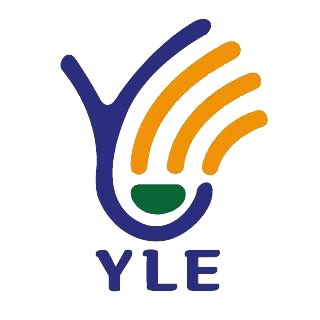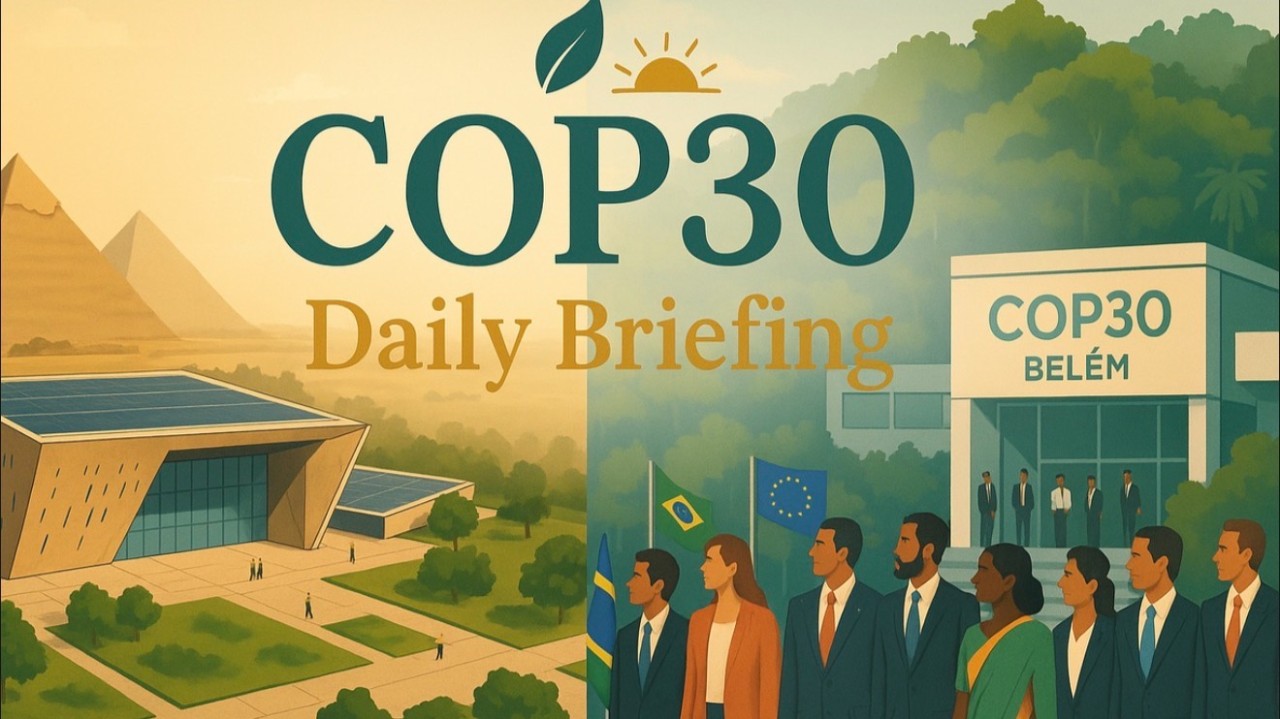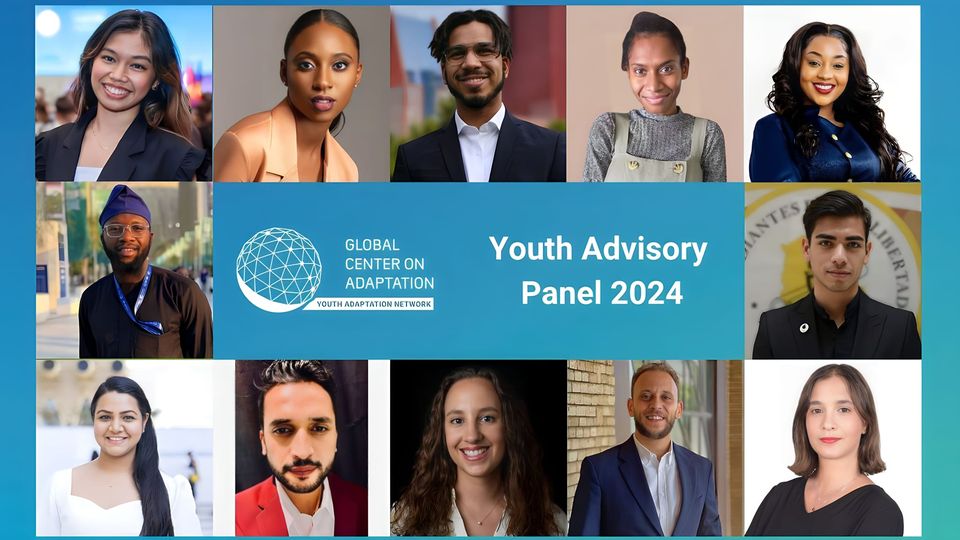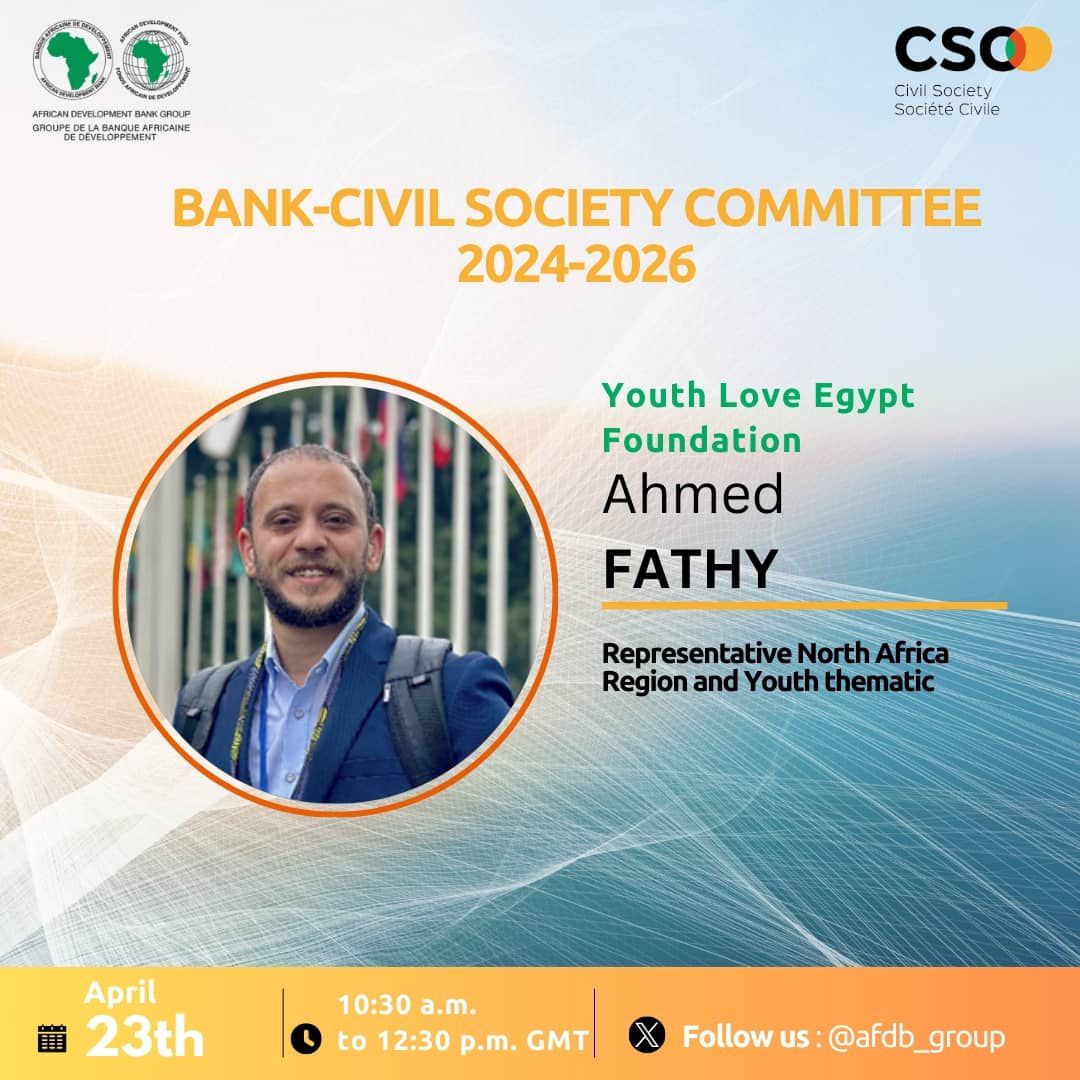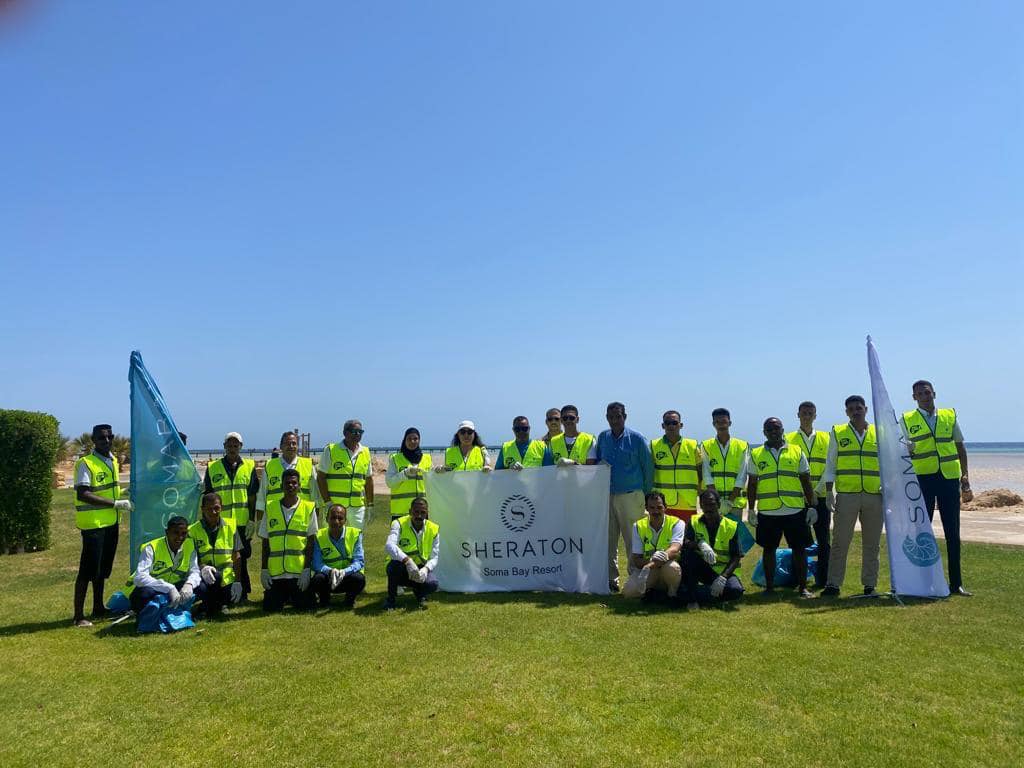1. General State of Negotiations: A Crisis on the Final Day
On the twelfth day of the 30th Conference of the Parties (COP30), which was supposed to be the final day, negotiations reached a crisis point. Talks extended late into Friday night amidst deep divisions among nations. Veteran observer Alden Meyer of the think-tank E3G described the situation as a stark choice between success and failure, reflecting a state of uncertainty about the conference's ability to deliver ambitious outcomes.
1.1. Presidency's Call for Unity
In the face of this crisis, COP30 President André Corrêa do Lago called on countries to show flexibility and reach compromises. In an attempt to break the deadlock, the Brazilian presidency convened a high-level closed meeting known as a "Mutirão", a Portuguese word for collective voluntary work, bringing together ministers and senior negotiators to discuss new draft texts. Despite criticism of the consensus-based system, which allows a few countries to block decisions, President do Lago described it as a "strength" of the negotiation process.1.2. The "Mutirão" Draft and the Wave of ObjectionsThe spark that ignited the crisis was the main draft decision proposed by the presidency, dubbed the "Global Mutirão." The draft caused widespread discontent by omitting any reference to a roadmap for transitioning away from fossil fuels, a key demand for many countries and a major outcome of the previous COP in Dubai (COP28). This omission led to a strong reaction from a coalition of 29 countries from Europe, Latin America, and small island states, who expressed their "deep concern" in a joint letter over what they described as a "take it or leave it" proposal that ignored fundamental priorities.
2. Fossil Fuel Transition: The Core Point of Contention
The phase-out of fossil fuels was the most contentious issue on the twelfth day. While a historic agreement was reached at COP28 {which called on Parties to begin transitioning away from fossil fuels in energy systems}, the "Mutirão" draft in Belém lacked any clear language or roadmap to implement this commitment, angering many Parties.
2.1. Diverging Positions
The European Union, through its Climate Commissioner Wopke Hoekstra, flatly rejected the draft, stating that the text was "not close to the ambition we need" and that the EU would "under no circumstances" accept an outcome that did not include a clear path for transitioning away from fossil fuels. This position was echoed by 29 countries from Europe, Latin America, and small island states, who expressed concern about "narratives suggesting that ambitious countries are slowing progress."
In opposition, the Arab Group, led by Saudi Arabia, stood with a group of large emerging economies like China and India, the African Group, and Türkiye (the host of COP31), in opposing the inclusion of any binding language on fossil fuels. China's position remained particularly ambiguous; while it leads the world in clean energy technology manufacturing, it still relies heavily on coal and is expanding its use.
2.2. The Role of Civil Society
Civil society played a prominent role in pushing for ambitious action. Tracy Carty of Greenpeace heavily criticized the text, stating it "might as well be blank for all it does to bridge the 1.5C ambition gap." Activists also staged protests inside the conference halls, holding messages on their hands calling for climate justice and a fossil fuel phase-out, in an attempt to remind negotiators of the human side of the climate crisis.
3. Climate Finance: The Trust Gap
Climate finance emerged as another major battleground, with discussions revealing a deep trust gap between developed and developing nations. The dispute centered on the New Collective Quantified Goal (NCQG), agreed upon at COP29 to provide $300 billion annually by 2035, and how to fairly and adequately fund climate change adaptation.
3.1. Adaptation Finance: The Triple-Doubling Demand
Developing countries, especially the Least Developed Countries (LDCs) and the African Group, demanded a tripling of adaptation finance by 2030 compared to 2025 levels. However, the language in the draft text was weak, merely "calling" on developed countries to increase funding, a non-binding formula much weaker than "instructs." An analysis by CARE and Oxfam indicated that the gap between what is needed and what is likely to be delivered could be as high as $50 billion annually, leaving the most vulnerable nations to face escalating climate impacts.
3.2. The Dispute over the Global Goal on Adaptation (GGA)
The disagreements extended to the Global Goal on Adaptation (GGA), where a new draft reduced the proposed list of indicators to measure progress from 100 to 60 and rephrased some without expert consultation, drawing criticism that it had become "vague" and "irresponsible." Positions were split between the African and Arab countries, which called for delaying the adoption of the indicators and linking them to funding, and Latin American countries, which pushed for their immediate adoption in Belém. To resolve this, the presidency proposed the creation of the "Belem-Addis Vision," a two-year follow-up process to operationalize the indicators by 2027, which observers considered a solution lacking clarity and coherence.
4. Just Transition and Critical Minerals: Crucial Side Battles
Beyond the headline issues, the negotiations featured crucial battles over specialized but strategically important topics, such as the just transition and critical minerals, which revealed new fault lines among nations.
4.1. Just Transition Work Programme
The Brazilian Presidency proposed a separate decision to establish a Just Transition Work Programme, aimed at ensuring the shift to clean energy is equitable and fair within and between countries. However, the proposed text was completely devoid of any mention of fossil fuels, which many considered to have gutted the concept of its meaning. While the demand from a coalition of 134 developing countries for a dedicated just transition mechanism (dubbed the Belém Action Mechanism, BAM, by activists) remained in the text, it was met with opposition from developed countries, including the United Kingdom, Norway, Canada, Australia, and the European Union, leading to its deferral to COP31.
4.2. The Critical Minerals Controversy
For the first time in COP history, an early draft included text on the importance of securing sustainable and responsible supply chains for critical minerals needed for the energy transition (such as lithium and cobalt). However, this paragraph was entirely removed from the latest version of the Just Transition Work Programme following strong opposition from China, which controls nearly 70% of the refining processes for 19 strategic minerals. This removal raised significant concern, with Antonio Hill of the Natural Resource Governance Institute warning that "leaving minerals governance out of just transition planning will undermine efforts to accelerate renewable energy."
5. Other Negotiating Issues
Alongside the main pillars of contention, negotiations also addressed a range of other issues aimed at enhancing global climate action.
5.1. Mitigation Ambition
In an effort to bolster mitigation ambition, the draft text proposed two new initiatives: the "Global Implementation Accelerator" and the "Belém Mission to 1.5". Both initiatives are intended to help countries improve their climate plans, with governments being "encouraged" to enhance their Nationally Determined Contributions (NDCs) at any time. David Waskow of the World Resources Institute (WRI) saw potential in the "Belém Mission" to evolve into a roadmap for implementing the COP28 decision, but noted that it needed to become more concrete and clear in its aims.
5.2. Trade and Climate
The relationship between trade and climate emerged as a priority for emerging economies. The text proposed holding three annual dialogues on the topic, emphasizing that measures taken to combat climate change, such as the Carbon Border Adjustment Mechanism (CBAM) planned by the EU, should not constitute a means of arbitrary discrimination or a disguised restriction on international trade. Although one African negotiator considered this a "start," he lamented the lack of a full, dedicated negotiating item for this critical issue.
6. Table of Key Disagreements
The following table outlines the most significant points of contention during the twelfth day of negotiations and the main parties involved in each issue._n
